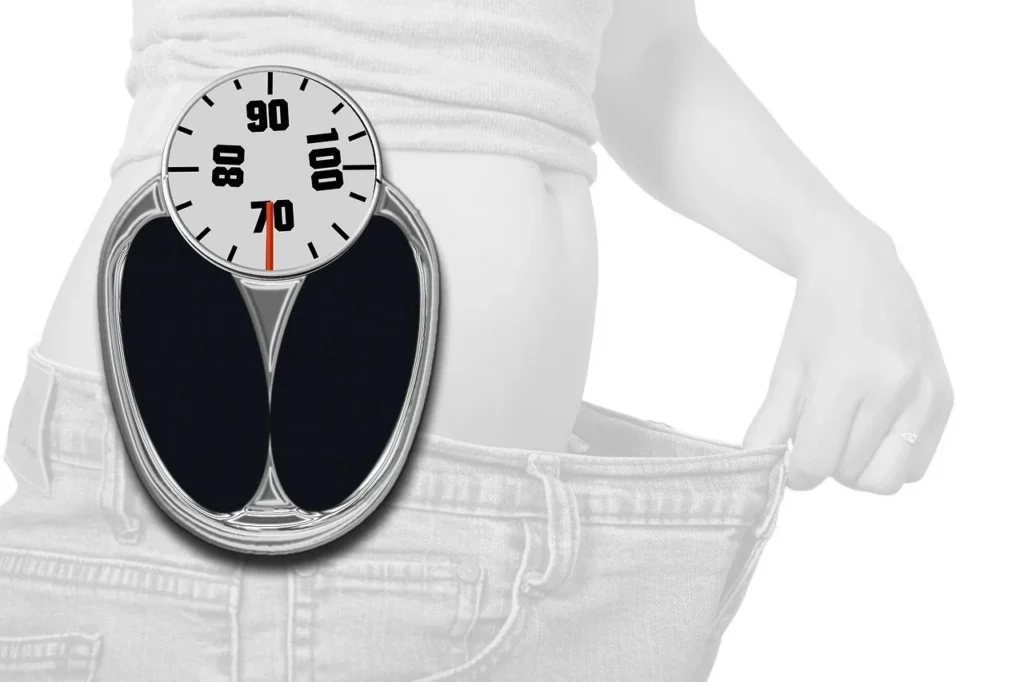Sometimes, conflicting advice about healthy weight often makes it hard to determine what’s right for you. On top of this, the unrealistic body index standard set by society further makes it challenging for us to determine our ideal weight and focus on wellness. In light of my experience, generic weight charts don’t account for individual differences and leave you unsure about your goals.
So, for this, you need to invest in an ideal weight calculator to help you determine your healthy weight range based on your unique body features. But wait a second, before getting into any details, you need to first understand the workings of an ideal weight calculator. So, keep reading to discover how an ideal weight calculator helps you determine your healthy weight range.
Table of Contents
What is an Ideal Weight Calculator?
An ideal weight calculator is a special online calculator that is used to determine your healthy weight range based on various factors such as age, gender, and height. The tool uses different scientifically established formulas including Robinson, Miller, Devine, Hamvi, and Healthy BMI Range to compute your ideal body weight (IBW) to help you determine your ideal weight.
Therefore, the ideal weight calculator pays close attention to detail and integrates different standards to help you make informed decisions about your health and fitness journey.
Benefits of Using an Ideal Weight Calculator
If you are someone new to fitness goals, then here are 5 ways in which an ideal weight calculator can help you tailor your path and achieve your goals.
Gives Personalized Insights
The tool provides personalized insights based on your unique characteristics. You can use it to find your healthy weight by considering factors like age, gender, and height. This way when you focus on your personal health and try to make well-informed health decisions rather than chasing unrealistic societal standards, you can surely achieve your fitness goals in no time.
Streamlines Assessment Process
The online ideal weight calculator simplifies the tedious assessment process for you. Thus, you don’t have to memorize any complex formulas or perform long calculations just to know your standard weight. So, in my opinion, it is indeed a convenient and accessible tool for anyone who want to keep track on their fitness journey.
Helps Set Realistic Goals
This tool is designed to help you determine your ideal weight, therefore, whether you want to improve your physique or physical health, you can easily determine what your final BMI should be. Thus, it helps you set realistic health milestones that you can achieve with consistent efforts.
Motivates to Adopt Healthy Habits
An ideal weight calculator can also be a great motivator. You can use it to determine your targetted weight based on your age, gender, and height. Hence, this way, when you know your ideal weight you will surely try to adopt healthier habits to improve your health and fitness.
Helps Track The Progress
Use the ideal weight calculator to track your progress and stay accountable for your health goals. It helps you monitor weight changes over time, making it easier to understand your progress. Whether you want to lose or gain weight, the calculator keeps you informed about your healthy weight range. This insight allows you to adjust your diet and exercise routine as needed, ensuring your fitness plan stays effective and on track.
How Does an Ideal Weight Calculator Work?
An ideal weight calculator uses established formulas to determine your ideal body weight. All you need to do is just insert your age, your gender, and your height in the given box and click on calculate. The tool will provide you with a report of your ideal weight according to different formulas.
For instance, if you are 164 cm, 19 years old, and female, the tool will provide you with your ideal body calculations as follows.
| Formula | Ideal Weight |
| Robinson (1983) | 56.76 Kg |
| Miller (1983) | 59.31 Kg |
| Devine (1974) | 56.00 Kg |
| Hamwi (1964) | 55.55 Kg |
| Healthy BMI Range | 49.76 – 66.97 Kg |
Hence, this quick process simplifies the task of understanding where you stand regarding a healthy weight and makes it easier for anyone to calculate their ideal weight at the convenience of their home.
Final Words
An ideal weight calculator offers clarity and precision in your health journey. It helps you make informed decisions and set realistic, achievable goals that are tailored according to your unique body characteristics. Therefore, understanding your body’s specific requirements can undeniably foster a more positive and sustainable approach to health. So, if you want to keep track of your progress and stay motivated throughout your fitness journey, then you must add the ideal weight calculator to your routine.

